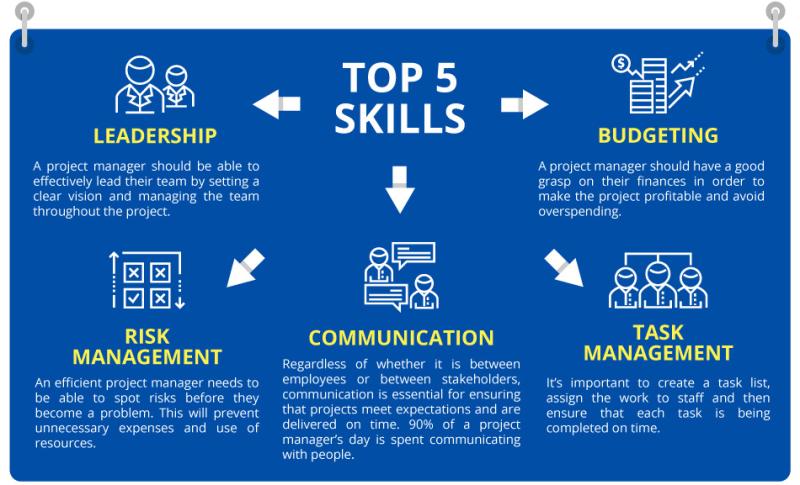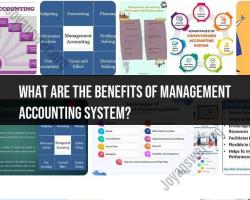What skills are needed to become a managing director?
Becoming a successful Managing Director (MD) requires a diverse skill set that encompasses leadership, strategic thinking, communication, and adaptability. Here are key skills essential for someone in an MD role:
Leadership Skills: The ability to inspire, motivate, and guide teams and individuals towards common goals. Strong leadership involves effective decision-making, delegation, and fostering a positive work culture.
Strategic Thinking: Developing a long-term vision for the organization and formulating strategies to achieve it. This involves analyzing market trends, identifying opportunities, and adapting to changes in the business environment.
Business Acumen: Understanding the industry, market dynamics, financial metrics, and the overall functioning of the business. An MD should have a good grasp of economics, finance, and operational management.
Communication Skills: Excellent communication, both verbal and written, is crucial. An MD needs to articulate ideas clearly, negotiate effectively, and communicate the company's vision to stakeholders, employees, and external parties.
Adaptability and Flexibility: The business landscape is constantly evolving. An MD should be adaptable and capable of navigating change, making adjustments to strategies, and leading through uncertainty.
Problem-Solving Abilities: The capacity to identify issues, analyze complex problems, and implement effective solutions is vital. MDs need to be resourceful and innovative in addressing challenges.
Interpersonal Skills: Building and maintaining relationships with stakeholders, clients, employees, and industry partners require strong interpersonal skills. This includes empathy, active listening, and conflict resolution abilities.
Ethical Decision-Making: Upholding ethical standards and integrity is crucial for an MD. Making ethical decisions in the best interest of the company and its stakeholders is a fundamental aspect of the role.
Strategic Networking: Developing and leveraging a strong network within the industry and among influential contacts can be valuable for business development and opportunities.
Emotional Intelligence: Understanding one's emotions and those of others helps in managing relationships, fostering teamwork, and handling conflicts effectively.
Risk Management: Identifying potential risks and developing strategies to mitigate them is essential for maintaining the stability and growth of the organization.
A successful MD combines these skills with experience, expertise, and a deep understanding of the industry to steer the organization toward sustainable growth, profitability, and success.
What core competencies and qualities are essential for a successful managing director?
A successful managing director (MD) possesses a blend of core competencies and qualities that enable them to effectively lead and manage an organization. These attributes encompass strategic thinking, leadership, communication, decision-making, problem-solving, and personal integrity.
Strategic Thinking: MDs must have a keen ability to develop and articulate a clear vision for the organization's future, translating that vision into actionable strategies and aligning them with the company's mission and values. They should possess a strong understanding of the industry, market trends, and competitive landscape to make informed decisions that drive organizational growth and success.
Leadership: MDs serve as the organization's figurehead, inspiring and motivating employees to achieve common goals. They foster a culture of engagement, empower individuals to contribute their best, and create an environment where employees feel valued and respected. Effective MDs lead by example, demonstrating the behaviors and values they expect from their teams.
Communication: Exceptional communication skills are paramount for MDs. They must articulate complex ideas clearly and persuasively to a diverse range of stakeholders, including executives, employees, customers, and investors. Strong written and verbal communication skills enable MDs to convey the company's vision, provide guidance, and build rapport with internal and external audiences.
Decision-Making and Problem-Solving: MDs face a multitude of challenges and must make sound decisions under pressure. They possess the ability to analyze complex situations, gather and evaluate information, and identify creative solutions that align with the organization's overall objectives. Their decision-making process is grounded in data, logic, and a deep understanding of the business and industry.
Adaptability and Change Management: The business landscape is constantly evolving, and MDs must be adaptable and agile to navigate change effectively. They anticipate market shifts, embrace new technologies, and implement organizational changes that align with evolving trends. Their ability to manage change smoothly and effectively minimizes disruption and ensures the organization remains competitive.
Personal Integrity and Ethical Conduct: MDs set the tone for the organization's ethical standards and uphold the highest principles of integrity. They make decisions with honesty, transparency, and a strong commitment to ethical behavior. Their integrity inspires trust among stakeholders and serves as a foundation for a strong and sustainable corporate culture.
In addition to these core competencies, MDs may also possess specialized skills and knowledge relevant to their specific industry or sector. They may have expertise in finance, operations, marketing, or other functional areas that contribute to the organization's success.
The combination of these core competencies and personal qualities enables MDs to effectively lead and manage organizations, driving growth, fostering a positive work environment, and ensuring long-term success.











